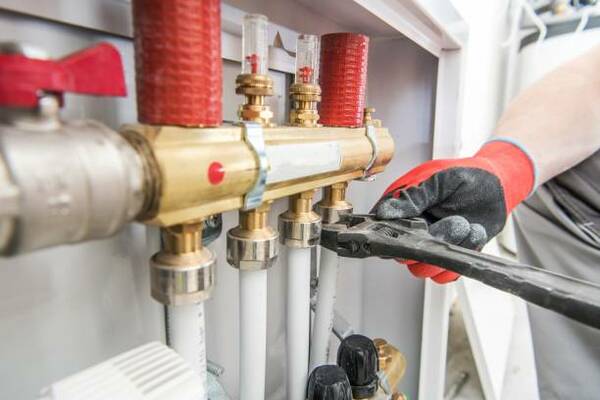Introduction
How to become a plumber ? Are you interested in a hands-on career that offers stability and job satisfaction? Look no further than the plumbing industry! Plumbing is an essential trade that keeps our homes, businesses, and infrastructure running smoothly. With the increasing demand for skilled professionals in this field, now is the perfect time to unlock the plumbing industry and embark on a fulfilling career as a plumber. In this comprehensive guide, we will explore the steps you need to take to become a successful plumber, including the required training, certifications, and skills.
Understanding the Role of a Plumber
What Does a Plumber Do?
Plumbers are responsible for installing, repairing, and maintaining various plumbing systems, including water supply lines, drainage systems, and fixtures. Their work ensures that buildings have efficient and functional plumbing, providing clean water and proper waste disposal. Plumbers also diagnose and troubleshoot plumbing issues, making them problem solvers in the field.
Skills and Qualities of a Successful Plumber
To excel in the plumbing industry, certain skills and qualities are essential. Apart from technical expertise in pipefitting, soldering, and other plumbing techniques, plumbers should possess excellent problem-solving abilities, attention to detail, and physical dexterity. Effective communication skills and the ability to work independently or as part of a team are also crucial for success in this profession.
Steps to Becoming a Plumber
Now that you understand the role of a plumber and the qualities required, let's explore the necessary steps to enter this rewarding field.
Step 1: High School Education and Preparation
A solid educational foundation is the starting point for any career. While a high school diploma or equivalent is typically the minimum requirement, taking relevant courses such as mathematics, physics, and shop classes can provide a head start in understanding the principles behind plumbing systems.
Step 2: Apprenticeship or Trade School
Gaining practical experience is a crucial step towards becoming a plumber. Many aspiring plumbers choose to complete an apprenticeship program, which combines on-the-job training with classroom instruction. Alternatively, attending a trade school can provide comprehensive plumbing education and certifications.
Step 3: Acquire Licensing and Certifications
To work as a plumber, obtaining the necessary licenses and certifications is essential. Requirements vary by location, so it's crucial to research the specific regulations in your area. Typically, plumbers need to pass a licensing exam, which tests their knowledge of local plumbing codes and regulations.
Step 4: Gain Hands-On Experience
After completing the required education and obtaining the necessary certifications, gaining hands-on experience is vital. Working alongside experienced plumbers or in a plumbing company allows you to refine your skills, learn advanced techniques, and gain exposure to a variety of plumbing projects.
Step 5: Continuing Education and Specializations
The plumbing industry is constantly evolving, with new technologies and techniques being introduced. To stay competitive and enhance your career prospects, consider pursuing continuing education courses and specializations. This enables you to broaden your knowledge base and specialize in specific areas of plumbing, such as green plumbing or solar thermal systems.
Conclusion
Becoming a plumber can unlock a world of opportunities, providing a stable career with diverse job prospects. By following the steps outlined in this comprehensive guide, you can embark on a rewarding journey in the plumbing industry. Remember, success in this field requires dedication, ongoing learning, and a passion for problem-solving. So, take the plunge, and let the plumbing industry unlock a bright future for you!



